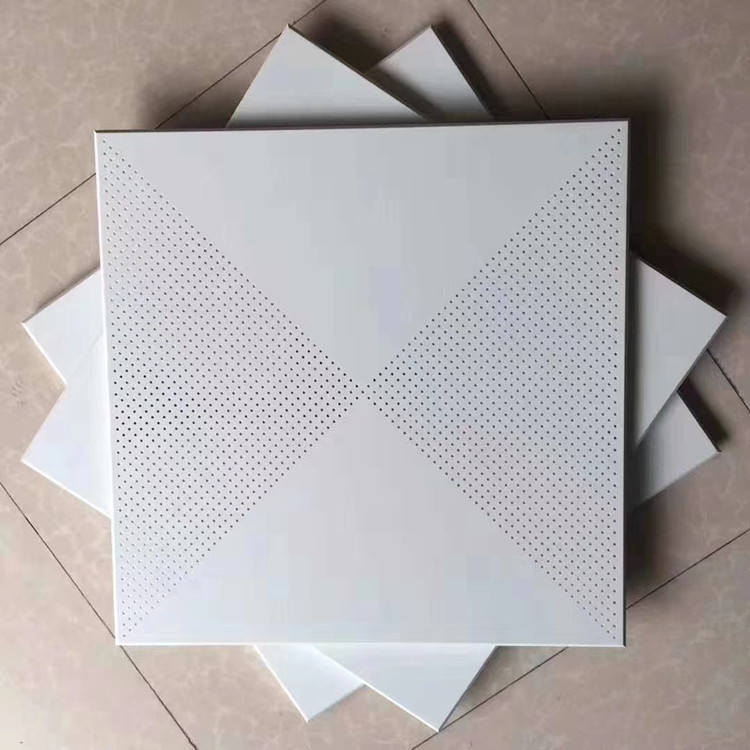
In the fields of architecture and furniture making, choosing the right type of panel is crucial for the success of a project. Different scenarios have different requirements, and using different types of panels can provide better results and functionality. Below, we will discuss why different scenarios require different types of panels.
- Furniture Making:
In furniture making, selecting the appropriate panel can impact the aesthetics and lifespan of the furniture. For furniture pieces that require load-bearing capabilities, such as desks and cabinets, hardwood panels with high hardness and stability or plywood are suitable choices. These panels ensure that the furniture’s structure is sturdy and resistant to deformation. For decorative purposes, such as display cabinets and TV stands, one can opt for wood veneer panels or decorative panels, which enhance the visual appeal of the furniture.
- Interior Decoration:
In interior decoration, choosing different types of panels can create varying styles and atmospheres. For instance, when selecting flooring, solid wood flooring is ideal for creating a warm and natural ambiance, while laminate flooring is more suitable for use in damp environments like bathrooms and kitchens. In wall decoration, gypsum boards are suitable for partition walls and wall cladding, while solid wood panels can be used for a rustic decor style. Different panels can bring about diverse visual effects and textures, enhancing the overall aesthetic of the decor.
- Outdoor Construction:
In outdoor construction, the selection of panels emphasizes weather resistance and anti-corrosion properties. For outdoor spaces like balconies and garden flooring, waterproof, wear-resistant, and anti-corrosion outdoor flooring materials such as composite decking or WPC (Wood-Plastic Composite) boards are recommended. When choosing doors and windows, it is crucial to consider the material’s durability and insulation properties. Common choices include aluminum alloy and uPVC for their longevity and thermal insulation capabilities.
- Industrial Manufacturing:
In the industrial manufacturing sector, using different types of panels can meet varying requirements. For instance, in the aerospace industry, lightweight and high-strength materials are needed, making options like carbon fiber panels or bamboo-wood hybrid panels suitable choices. In automotive manufacturing, materials that can withstand high temperatures and abrasion are necessary, such as fiberglass panels or composite wood panels. Different panels can satisfy the specific material performance requirements in industrial manufacturing.
In conclusion, selecting the appropriate panel is paramount for diverse scenarios. Different scenarios demand distinct functional requirements, and choosing the right panel can enhance efficiency, prolong longevity, and reduce maintenance costs, ensuring the success of a project. Therefore, when selecting panels, one should carefully consider the project requirements, taking into account factors such as material performance, aesthetics, and cost to achieve the best results.


